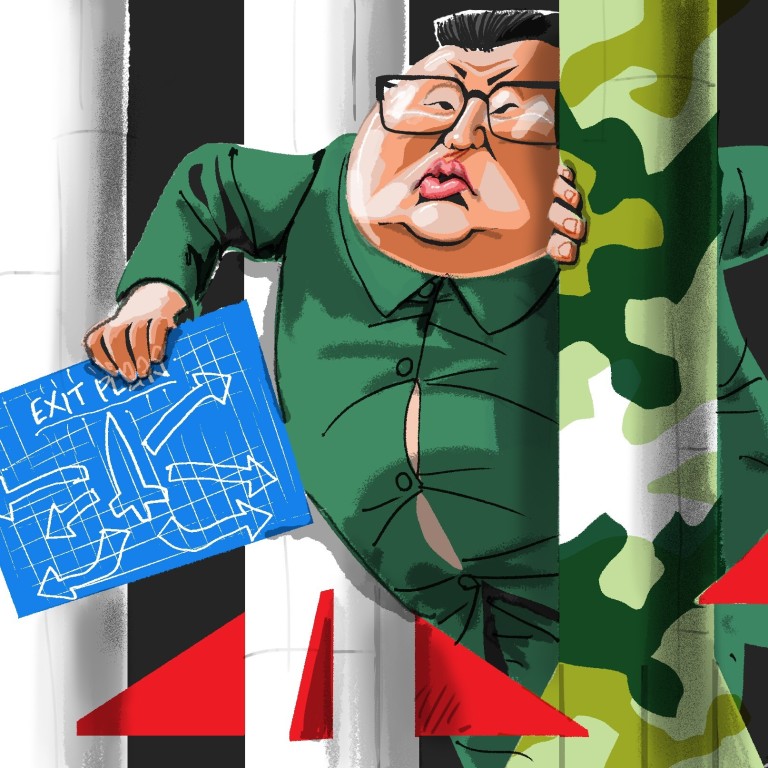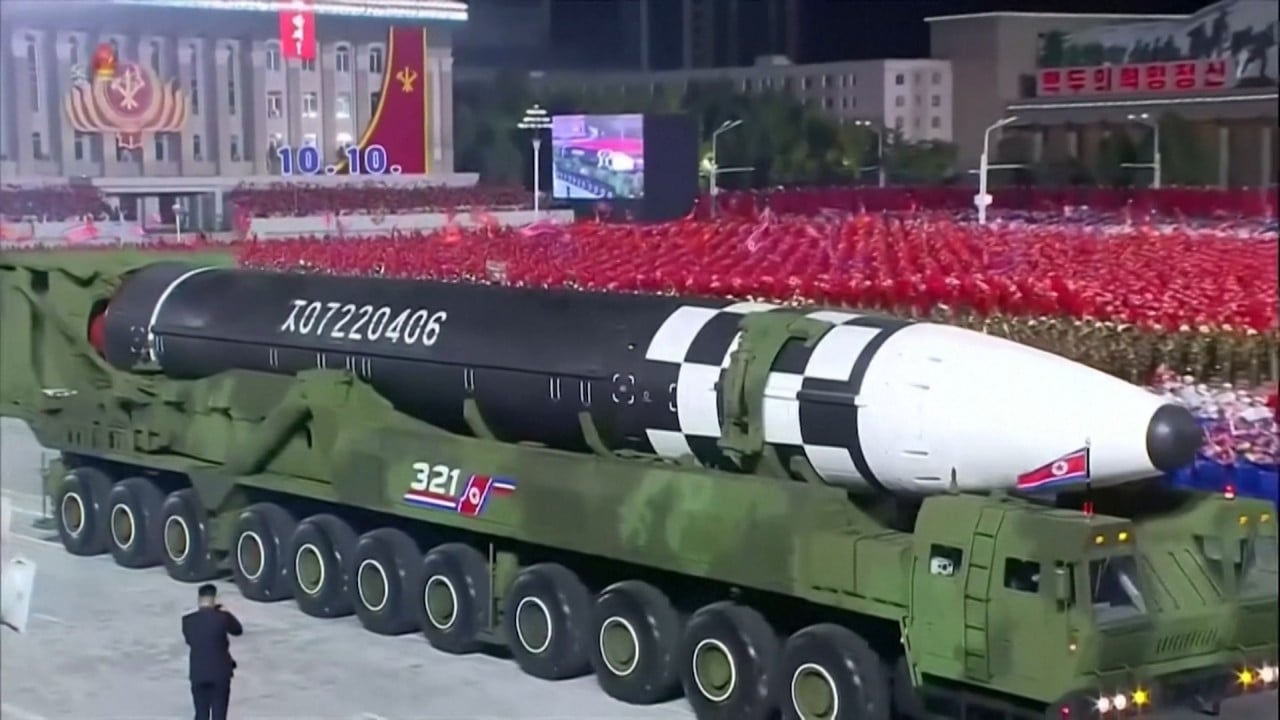
Time for Kim Jong-un to embrace denuclearisation and open up North Korea economically
- While North Korea’s leader possesses a vision for the future of his country, the lack of an exit strategy from his nuclear programme has thwarted peace talks
- Embracing denuclearisation in exchange for security guarantees, normalised relations and development aid will open the path for North Korea’s economy to soar
However, peace talks consistently failed because, although Kim possesses a vision for the future of the country, he lacks a viable exit strategy from the nuclear weapons programme. Today, with the rapidly approaching inauguration of US President-elect Joe Biden – who has stated he will not conduct any meetings with Kim “absent preconditions” – North Korea’s time is running out.
However, a merely transactional agreement – dismantlement in exchange for economic modernisation – will not be enough to ensure the survival of the country. Kim must also transform the distorted North Korean system into one viable and capable of achieving rapid and sustained growth.

02:49
North Korea’s new ‘monster’ intercontinental ballistic missiles on show at military parade
However, improvement measures alone will not be sufficient to ensure successful modernisation. They must be accompanied by opening – entailing full integration with the world economy and transformation into a friendly trade partner to allow for foreign investment, knowledge transfers and technology sharing.
“It does not matter if the cat is black or white, so long as it catches mice.” This well-known wisdom from Deng Xiaoping, the architect of the modern Chinese economy, is an allegory for the notion that the ideological shackles restraining the economic system must be cast off and a new paradigm adopted.
To demonstrate the legitimacy of the new national development paradigm, Kim must sustain a high level of economic growth. At least 10 per cent average annual GDP growth is needed to mitigate the shocks that will arise during economic modernisation.
The kind of rapid development required to provide Kim with a new source of domestic legitimacy and a means of continuing his dynastic legacy will demand the allocation of a development fund of at least US$30 billion per year across at least a 10-year period to ignite growth and mitigate the destabilising effects of opening the country.
In addition, diplomatic relations between North Korea and each of the stakeholders must be established, with reconfirmed alliances with China and Russia.
All stakeholder nations would agree to such a package deal in exchange for denuclearisation, provided it meets their strategic interests. They are that sanctions will not be used to incite regime change; denuclearisation will be accompanied by sustained peace and mutual prosperity on the Korean peninsula and the establishment of North Korea as a normalised member of the global community, and; that North Korea will remain a buffer zone and maintain the geopolitical balance between South Korea and the Sino-Russian border.
The time is ripe for Kim to accept the bold challenge of approaching Biden and the remaining stakeholder nations with this blueprint for survival. Because of the country’s unique position, I am confident that, with a viable exit strategy in hand, North Korea can achieve one of the highest sustained GDP growth rates in history.
Dr Chan Young Bang is the president of KIMEP University, principal investigator at the DPRK Strategic Research Center and former economic adviser to president Nursultan Nazarbayev of Kazakhstan. This article is an edited excerpt from his recent book, Transition beyond Denuclearisation

